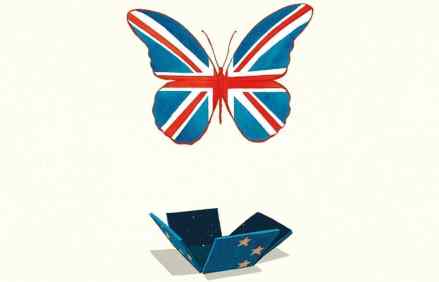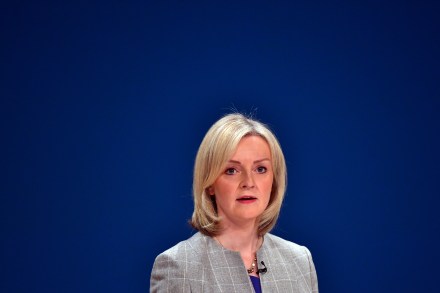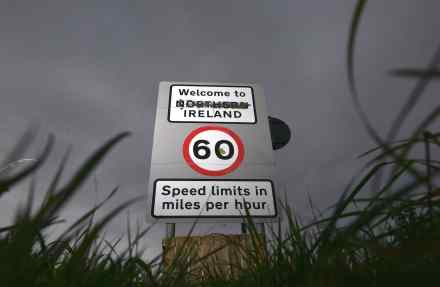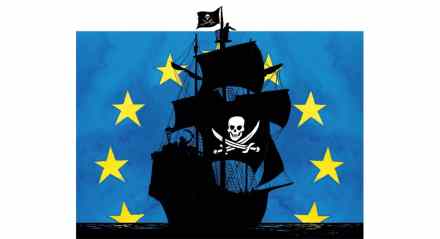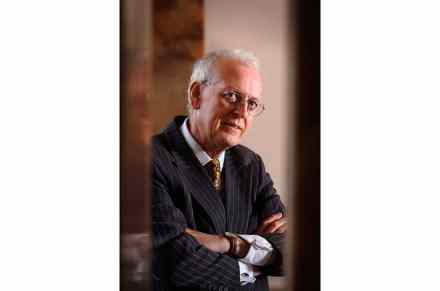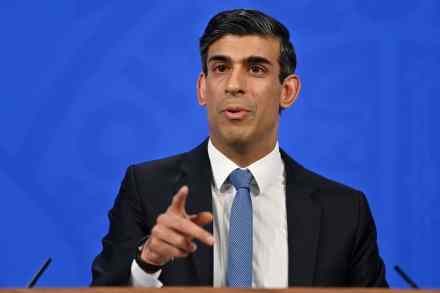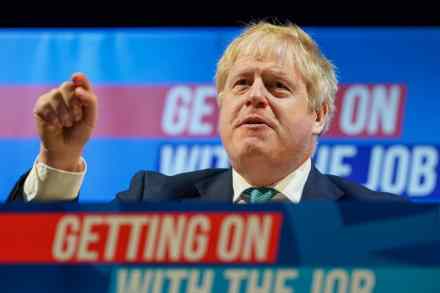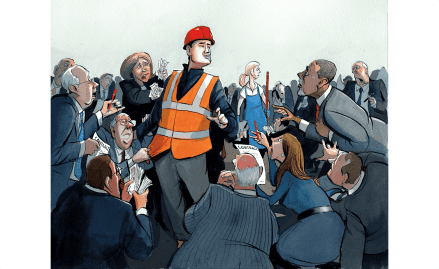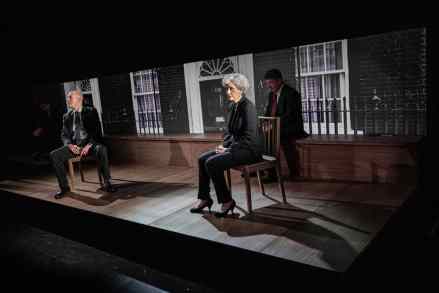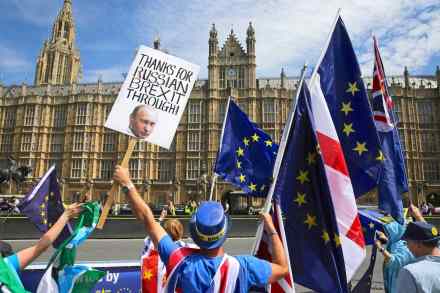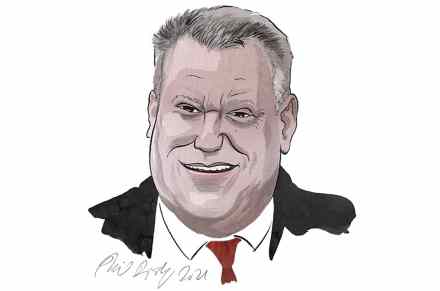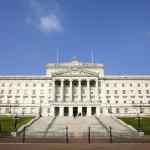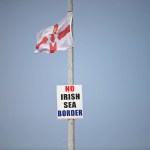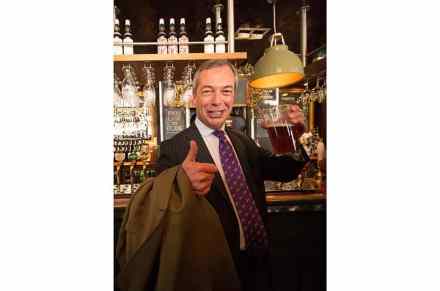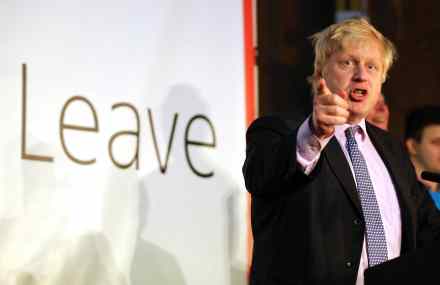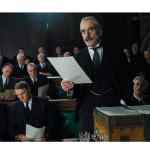Brexit’s potential is beginning to be realised
The purpose of Brexit was to strengthen Britain’s ties with both the world beyond Europe and with Europe itself, but in a more democratic way that carries popular support. It was clear to Boris Johnson and to the Leave campaign that the EU ideal of free movement of people, an idea forged in the 1990s, had become difficult to reconcile with the reality of the contemporary world. High-skilled immigration made more sense than low-skilled, they thought, and a new system was needed to deal with 21st-century challenges while strengthening national cohesion. Johnson’s critics, naturally, portrayed the supporters of Brexit as xenophobes and knuckle-draggers who were afraid of the modern world
